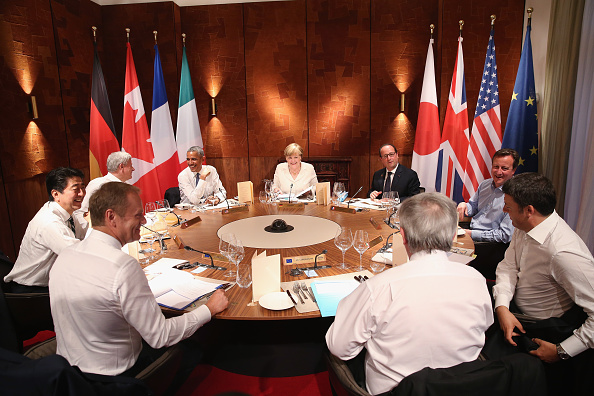
Health leaders from around the world are calling on the leaders of the G7 countries to help create a rapid response unit to deal with outbreaks of deadly infections. The World Health Organization (WHO) was not well prepared for the outbreak of Ebola in West Africa.
The rapid response unit that is envisioned would be a part of WHO, but would be able to respond within days to an outbreak of serious infectious disease, said Jeremy Farrar, director of the health charity Wellcome Trust. "With Ebola, it's taken too long," he said. "It's nonsense to say: 'Isn't it great? We've done in a year what normally takes four or five years'. We've got to get into a mindset that says these infectious diseases can emerge in days and weeks, so we need to respond to that, not to some fanciful notion of an ideal world."
The leaders of the G7 member states, the seven most advanced economies in the world plus the European Union, are meeting at Schloss Elmau, Germany this weekend. The meeting includes Canada, France, Germany, Italy, Japan, the United Kingdom, and the United States.
Angela Merkel, the chancellor of Germany and host for the meeting, met in advance of this meeting with health specialists in May to discuss international health reforms. UK Prime Minister David Cameron has said he will support the idea of a rapid response unit.
The rapid response unit would include epidemiologists and specialists in viruses and other infectious diseases. The unit would include perhaps about 100 people from a reserve of up to 1,000 experts. Farrar has stated that it would cost up to $100 million in U.S. dollars to keep the unit ready, but that this amount pales in comparison to the direct and indirect costs of a large outbreak. The Ebola outbreak in West Africa may have cost that region up to $500 million, and it is still not over as yet in Guinea and Sierra Leone.
